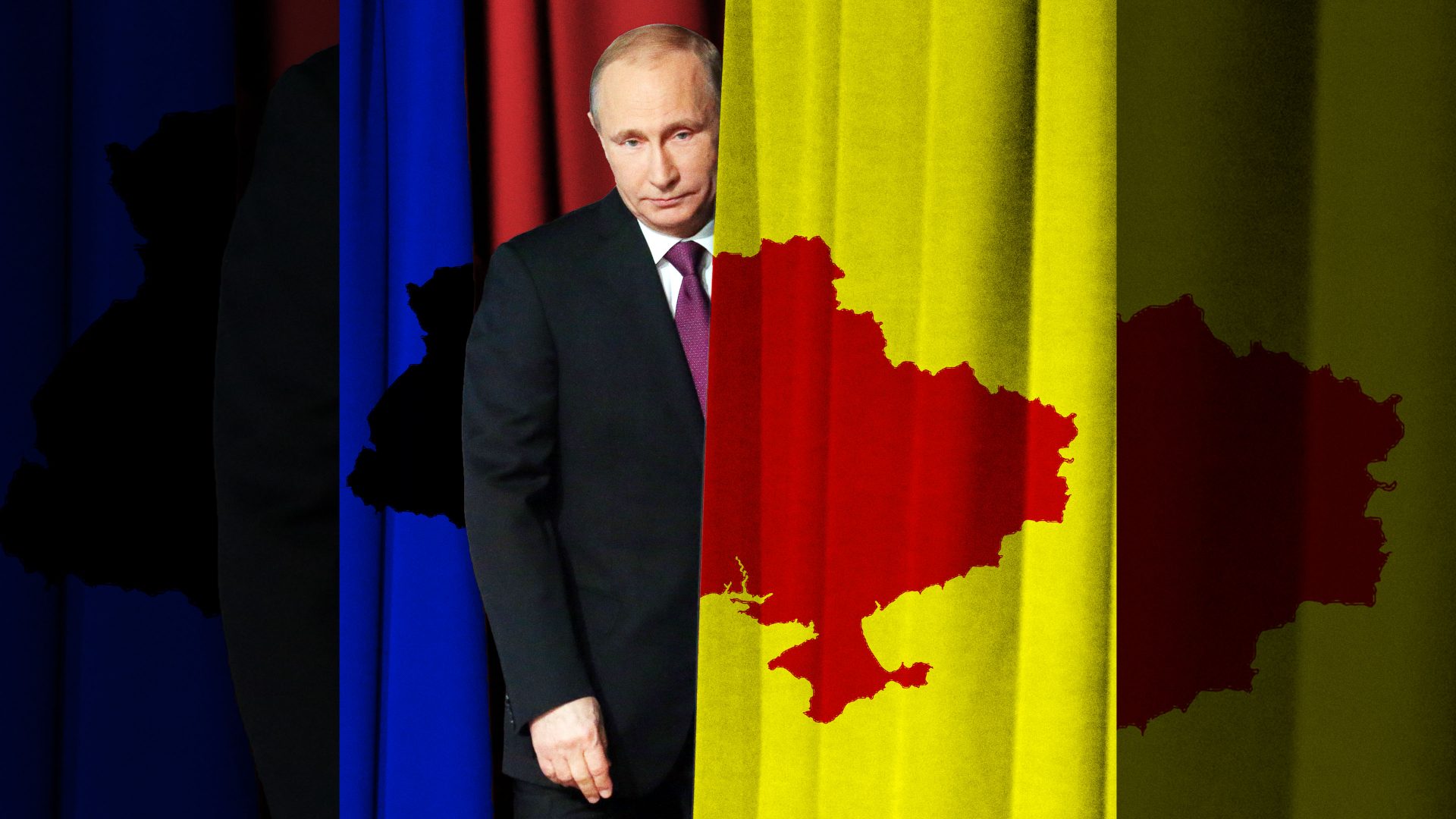In “Starmer faces a youth revolt” (TNE #379), Abigail King writes, “there’s no doubt that Gaza is a huge deal for young people”. I can assure her that it also is for me (89 years old) and many contemporary friends who have been concerned about the area for the best part of 76 years.
Two states should have been defined from the very beginning in 1948. Now we have five million Palestinian refugees in UN camps in the countries on Israel’s borders, eking out a pathetic existence. Hopefully, their plight will stay near the top of the international diplomatic agenda.
Also, regarding Patience Wheatcroft’s remarks in the same issue, there are other politicians around who are more “truly obnoxious” than George Galloway. Democratically elected, he is bravely voicing the views of a great number of citizens who disagree hugely with the Sunaks and Starmers of this world with regard to Gaza.
Keith Tunstall
Chichester, Sussex
Ms King claims that for today’s students, Gaza is “their Vietnam”. For older people like me (I’m 79), it’s our anti-apartheid moment. In some ways, Israel’s system is more cruel than the South African variety.
Vera Lustig
Walton-on-Thames, Surrey
I can see both Keir Starmer and Joe Biden being haunted by the ghosts of Gaza at the elections. For both the US Democrats and UK Labour, voter turnout is essential.
America’s moral identity would not survive another Trump evisceration of democracy. The UK certainly cannot survive politically, economically or socially another calamitous, corrupt Conservative government.
However, many of the people who actually pay attention to this and normally go out and vote for both the Lib Dems and Labour are exactly the people who pay attention to other things. There is nothing, other than environmental catastrophe, bigger than the horrors of Gaza right now.
Amanda Baker
Edinburgh, Scotland
Having read Abigail King’s article on Starmer and Gaza, all I can say is a) well done to the University of Edinburgh students for their defiance; b) Sir Keir appears to be neck and neck with Rishi Sunak in a race to the bottom of the moral gumption stakes; and c) a Labour win in the next general election will not morally revitalise the UK.
Chris Fitzpatrick
Dublin, Ireland
Keir Starmer is not in government, so unable to dictate or enact any policy. He is also leading an opposition party that faces a huge Tory majority, consisting of some of the worst far-right populists in living memory.
And yet, despite his strongly worded and very clear motion to call for a ceasefire in Gaza, which he managed to get passed in parliament, it is not enough. Not only has he a “youth revolt” (sic) on his hands, but the forces of both Hamas and the IDF have blatantly ignored Labour’s ceasefire motion and continued fighting.
Alas, I cannot help but deduce that Abigail King would never be satisfied with Labour in its current position and under its current leader, whatever he said or did. I also point out that she makes no mention of, or empathy towards, the appalling events that sparked the current situation.
Carol Hedges
Harpenden, Herts
It is very gratifying to see your current edition commenting on the horrendous situation in Gaza (“Netanyahu has squandered the world’s sympathy” (TNE #379). I have been dismayed at the paucity of coverage the paper has given to the plight of the Palestinians in contrast with the Israelis.
After the massacre of October 7, it became quickly obvious that Gaza would descend into the tragic collective punishment it is experiencing now. It was obvious because of past conflicts, but particularly the people who make up the “war cabinet”, which includes a convicted fascist criminal, apartheid enthusiasts and those who wanted to end the Palestinian existence through illegal settlements and methods of oppression.
The New European is different to other mainstream media outlets, certainly on Brexit. But it has missed the real tragedy in Palestine/Israel until now.
Richard Cragg
Limpenhoe, Norfolk
Paul Mason’s article on Israel seems to forget that it was Hamas that attacked Israel. How did he expect Israel to respond – complain to the UN? British writers tend to forget that the response by the British to being attacked in the second world war was, correctly, a massive bombing campaign that destroyed German cities.
Bibi is a conniving right wing politician, but how do you fight Hamas, who revel in hiding within their own citizens’ houses and hospitals?
James Montgomery
Putin in the EU
Re: “Fighting Robert Fico’s power grab” (Carousel, TNE #379). In early December 1956, a friend of my father, Endre Sandor, arrived at our house in Streatham Hill having escaped from Budapest when Russian tanks rolled in to suppress the movement in support of democracy in Hungary. Sandor was an eminent scientist and went straight to the Cavendish Laboratory in Cambridge.
Forty years later in 1996, my wife and I visited Prague, which was enjoying the enlightened government of Václav Havel. We met Geraldine Mucha, whose father-in-law, the artist Alphonse Mucha, was a vocal opponent of communist rule in Czechoslovakia.
Now, with the rise of Robert Fico in Slovakia and the dominance of Viktor Orbán in Hungary, the heroes who campaigned for democratic freedom in Czechoslovakia and Hungary witness pro-Russian politicians under the influence of Vladimir Putin endeavouring to reimpose Soviet-style governments within the European Union. This must be strongly resisted.
David Hogg
Bristol, Avon
Bear the Brunty
That the Sicilian town of Bronte might have been the origin of the Brontë sisters’ name, as Silvia Marchetti attests (Carousel, TNE #379), seems unlikely. Neither the Brontë father nor daughters ever visited the place, as Silvia says. Nor is there any reference in the Brontë sisters’ writings, as far as I know, to the town of Bronte, or to pistachios for that matter.
It is heart-warming, if a little absurd, that the town is taking the Brontë name to its heart to bask in some deflected literary glory. It’s obvious that Bronte, the legendary three-eyed Cyclops blinded by Odysseus, can have no connection with the Brontë name. And although it’s known that Patrick Brunty admired Admiral Nelson, the story that the King of Naples gave Nelson the title of Duke of Bronte has always seemed far-fetched as an explanation on its own. However, it is possible that the name of that Italian town was in the air when Patrick was at Oxford and that he noticed it.
When Patrick Brunty arrived in Oxford from his native County Down, he would have heard his name pronounced “Brantee”. The sound of “Brontë” is far closer to his name as he knew it, and if the Italian word “Bronte” was in the news for whatever reason, perhaps he took a notion to adopt it as his own, adding the umlaut for greater accuracy to the ear. Therefore, a question of accent rather than aspiration or accident.
Frances Corkey Thompson
Ilfracombe, Devon
Party games
The Daily Mail’s Paul Dacre may well have been behind Rishi Sunak’s “speech to the nation” (Mandrake, TNE #379). But that ignores the fact that it was not really a speech to the nation at all, more a party political broadcast. Are the other parties to be given the same platform?
Mike Lucas
I saw the recent interview with Mr and Mrs Sunak where they discussed the sharing of household tasks. Mr S apparently finds wheeling the bin out once a week a tad arduous. What about a PBR (People’s Bin Rota) in which we take turns to put the prime minister’s rubbish out, and in exchange he can stop wasting our money on rubbish like Rwanda and helicopter rides.
Kathy Erasmus
London
Expelling error
I always enjoy Peter Trudgill’s informative articles. However, I believe there was a mistake in “Ballad of a refugee poet” (TNE #379). Edward I of England did not expel Jews “from Britain” but only from England.
Jews were not expelled from Scotland and continued to live there, I believe, throughout the Middle Ages.
Historical accuracy is really important.
Richard Ross
Lothian, Scotland
Doric dogs
I have had a similar experience to David Courtney (“Barking Mad”, Letters, TNE #379). I was walking along a country road in south-west Scotland, where a furiously barking collie refused to heed my father’s polite request to “Go home”, but turned tail when I yelled “Awa’ hame!”
Scottish dogs speak Doric.
Helen Dunwoodie
Edinburgh, Scotland
Divine Rothko
I have to add to the strong disagreement with Julian Watmore’s criticism of the recent Rothko article and of the artist himself (Letters, TNE #379 and 378).
“Anybody could do the art he did” is the standard trope trotted out by traditionalists against modern art and abstract art in particular. It’s OK not to like Rothko, but don’t trash it because you don’t get it.
Iain Clark
Edinburgh, Scotland
Age-old issue
I’m paraphrasing from memory here, but pertinent to Emma-Kate Symons’ piece on the creepy preoccupation with underage girls long shown by French auteurs (“The avenger”, TNE #378) was an interview with the late Delphine Seyrig I recall reading back in the 1980s, in which she dismissed a typical art movie as depicting an older, richer man seeing off competition from a younger, poorer man for the favours of an illiterate pubescent girl.
Richard Chatten
Crystal Palace, London
One to watch
In Great Lives (TNE #378), Charlie Connelly omitted Confessions of Felix Krull from his list of notable Horst Buchholz films. This is a little surprising given the quality of the film, and low budget vis-à-vis Hollywood productions.
The scenario is based on Thomas Mann’s last unfinished novel, and should be added to the list!
Robert O’Mahony
London SE6
Post trust
Re: “Who is going to save the Post Office?” (TNE #378). The Post Office has never respected or trusted its staff.
In 1978, the wife of a colleague took a job in the local branch. The first thing she was told was that any shortfall at the end of the day had to be made up out of her own pocket. Naturally, any surplus on cashing up her till stayed with the Post Office.
On the wider issues raised in Patience Wheatcroft’s piece, the tragedy is that nowhere in the public sector is a premium placed on managerial competence.
Graham Phillips
Cromarty, Ross-shire
Reunited
Re: The recent letters about EU membership for a reunified Ireland or newly independent Scotland or Wales.
For a precedent for Northern Ireland, see Germany. It would join the EU as part of a reunified nation, as the former East Germany did.
Scotland would have a persuasive case for membership in that the Kingdom of Scotland pre-dates that of England by the best part of two centuries. Scotland later shared the same monarch with England while remaining independent. The Spanish state was not fully established until several hundred years after the Kingdom of Scotland.
Wales spent more than 200 years fighting off the Normans and their (eventually) loyal English servants, and was not definitively annexed to the Kingdom of England until the 16th century.
But enough of the “what ifs”. In the final analysis, the geopolitics of the day will be the deciding factor.
Duncan Stewart
Henllan, Cymru



